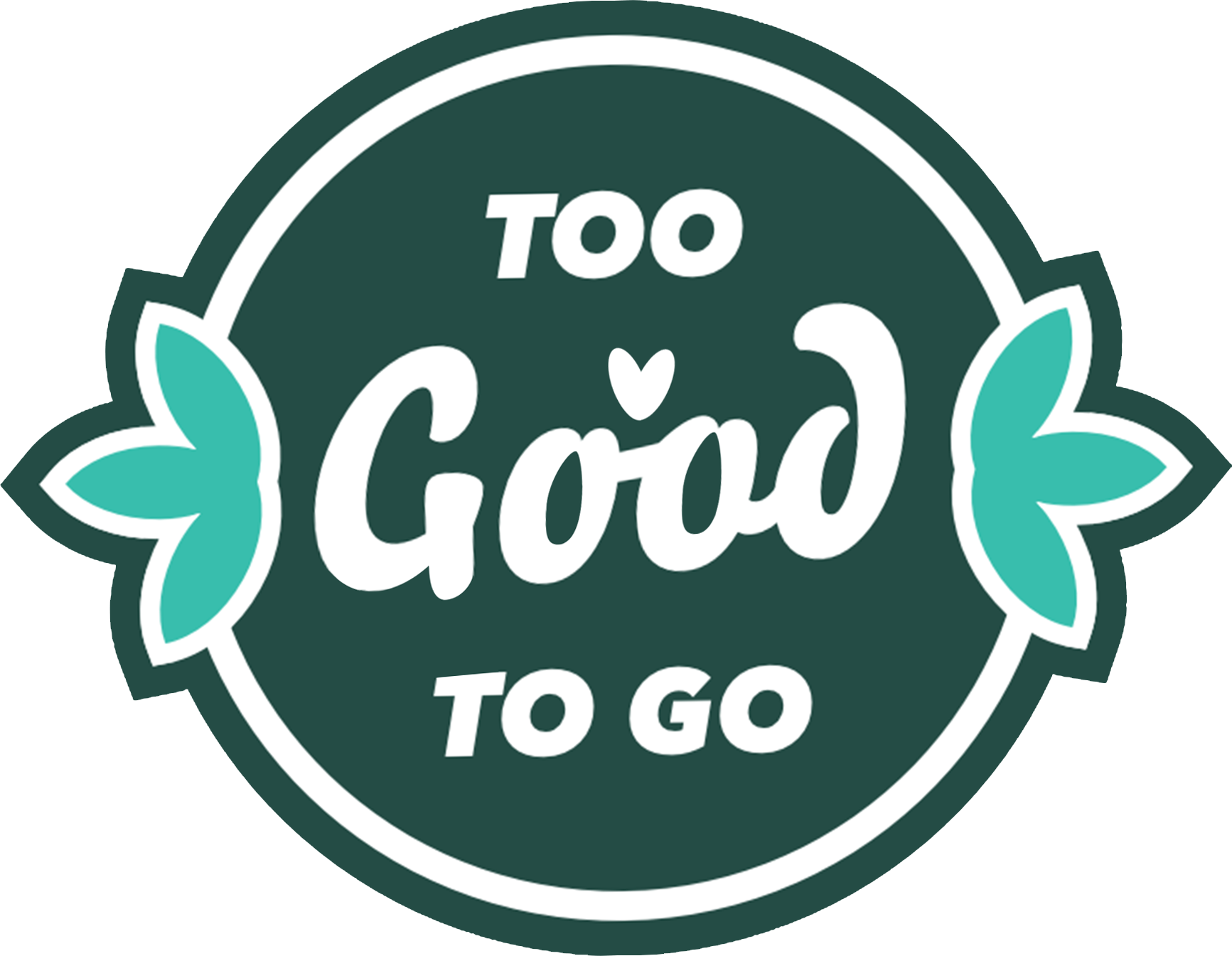Denmark, Norway, the United Kingdom, and the United States are at the forefront of a movement to help address the problem of food waste, thanks in part to a new social media app.
 Too Good to Go advises people of food that would have otherwise be thrown away, and the benefit for users is that the price of what amounts to a to-go package is reduced, sometimes significantly, than what would have been the price tag for diners in the restaurants and cafes that are on the app.
Too Good to Go advises people of food that would have otherwise be thrown away, and the benefit for users is that the price of what amounts to a to-go package is reduced, sometimes significantly, than what would have been the price tag for diners in the restaurants and cafes that are on the app.
Some estimates are that 100 million tons of unconsumed food ends up in landfills each year in Europe alone; the figure in the U.S. is estimated at 60 million tons. That food is not just food that has gone bad; restaurants, cafes, in particular, will routinely discard food that does not look perfectly edible; another common "offender" in this vein is bakeries, who might assume that loaves of bread that are "misshapen" will not be bought and so will throw away these loaves on the theory that no one will buy them.
The food that is offered on Too Good to Go is not partial meals; rather, it is commonly what food sellers would otherwise get rid of because they are closing for the day or because they need the place in their food counters. (For example, savvy Too Good to Go users can get a good deal on breakfast from a restaurant that needs the room in the display case for lunch foods.)
The app is part of a larger movement to reduce food waste. The United Nations's Food and Agriculture Organisation has estimated that nearly 1.3 billion tons of food are wasted every year; that total, the FAO says, is more than enough to feed the 1 billion people around the world who live in starvation conditions.
Denmark and the U.K., in particular, have taken large steps toward achieving this goal. A Copenhagen supermarket named Wefood specializes in food that has passed its sell-by date. The food is still edible but might be just a few days past the "perfect consumption" date on the label. Prices of food sold at Wefood stores are up to 50 percent lower than those at traditional supermarkets. All food is donated, which creates a bit of variability in what is available on any given day. All of the profits from Wefood's sales go to charity.
Through this and other efforts, Denmark has reduced its food waste by 25 percent since 2011. Similar efforts by the U.S. have reduced food waste in those countries by 21 percent.
France is part of this effort as well. Europe's largest country in terms of geography recently passed a law that forbids supermarkets from throwing away unsold food.
Denmark, Norway, the United Kingdom, and the United States are at the forefront of a movement to help address the problem of food waste, thanks in part to a new social media app.